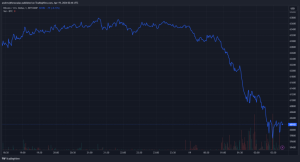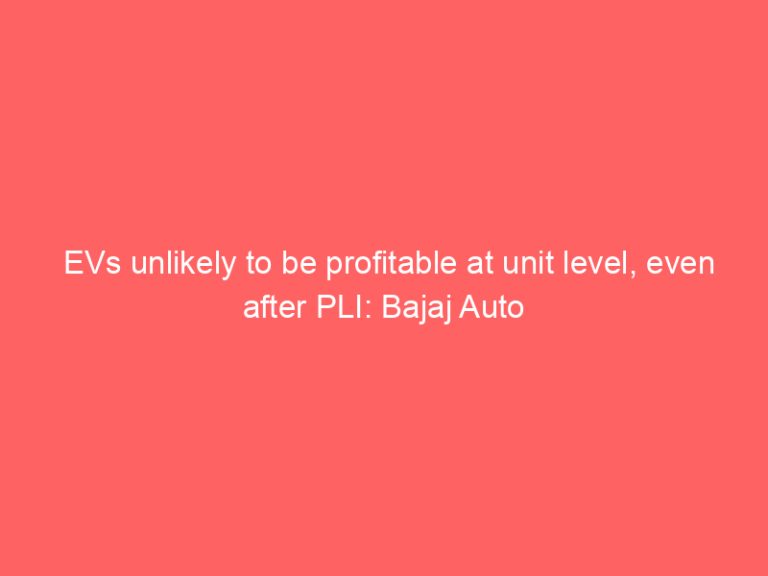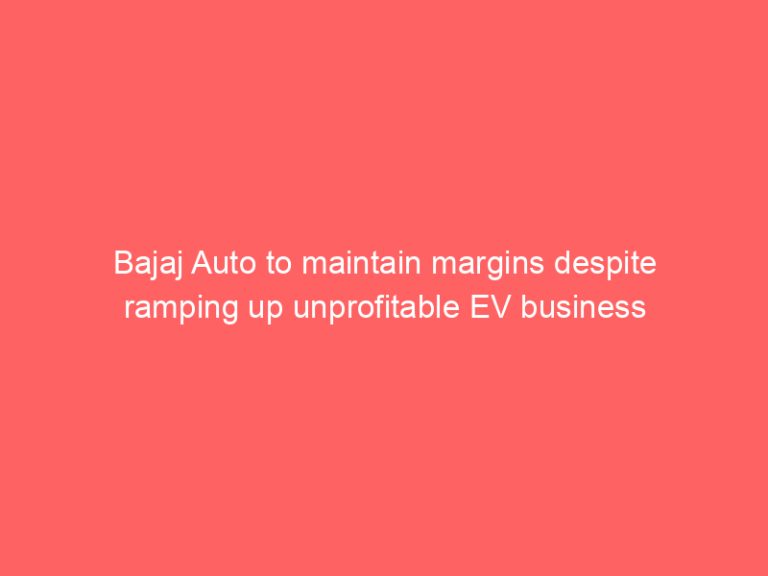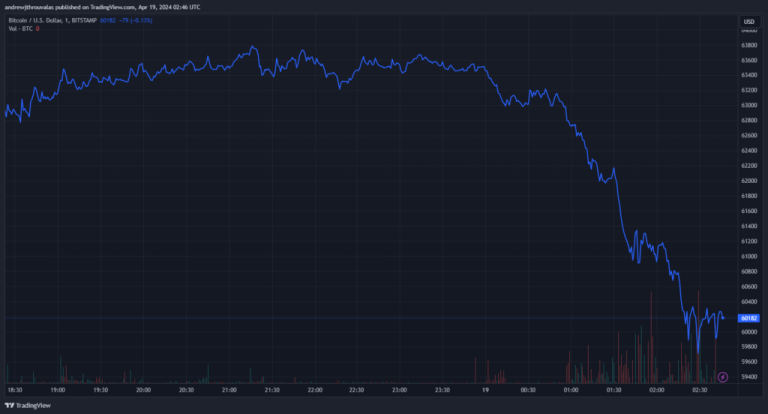Smartphone-based blockchain mining project Pi Network has issued another clarification on the unauthorized listing of Pi coins, saying they are not available for trading yet.
Pi Network has been in existence since 2018 and launched its Pi coin for mining by its community members, called “Pioneers,” in March 2019. These assets can be traded once Pi Network upgrades to Open Mainnet.
Pi Network Disclaimer
Right now, the network is in the Enclosed Mainnet state, which makes its interaction with any third-party “technically impossible.”
The blockchain project issued a similar disclaimer on December 29, in which it said it was aware of reports that several unauthorized exchanges sought to list Pi or other products purported to be the native cryptocurrency.
“It is important to reiterate that Pi is currently in the Enclosed Network and is not approved by Pi Network for listing on any exchange or for trading, and Pi Network was not involved with any of these purported postings or listings,” the December 29 announcement said.
What is the Whole Fuss About?
Pi Network, which claims to have about 35 million members who have been mining Pi coins on its smartphone-based blockchain mining app, is slated to upgrade to Open Mainnet. Right now, it’s processing the KYC of its members to onboard them to the upgraded network where they can trade their Pi coins.
Lately, Pi Network members and influencers have been promoting the upcoming Open Mainnet on social media aggressively, generating a lot of interest among crypto exchanges and investors alike. On November 15, the network said it has crossed two million followers on Twitter, a sign of its growing popularity.
But, officially, Pi coins are neither available for listing nor for purchasing. Those interested must join the network and mine them.
Anticipating a brighter outlook for the Pi coin, some crypto exchanges have reportedly listed the asset on their platforms. Justin Sun’s Huobi is reportedly one of them, as revealed by crypto journalist Justin Wu in a tweet.
Unauthorized Listing
In its January 6 statement, the team behind the project once again stressed that in its Enclosed Mainnet state, the network is protected by a firewall, and no third party or exchange can interact with it unless authorized, which was not the case.
“… Pi Network has no association with any of these exchanges, which are acting without the consent, authority, or involvement of the network. Further, the products being traded on these exchanges are not the real Pi tokens,” it added.
The unauthorized listing of purported Pi coins by some exchanges comes close on the heels of news that Alameda Research frontran tokens before their listings on exchanges.
The post The PI Network Controversy: Here’s Everything You Need to Know appeared first on CryptoPotato.














